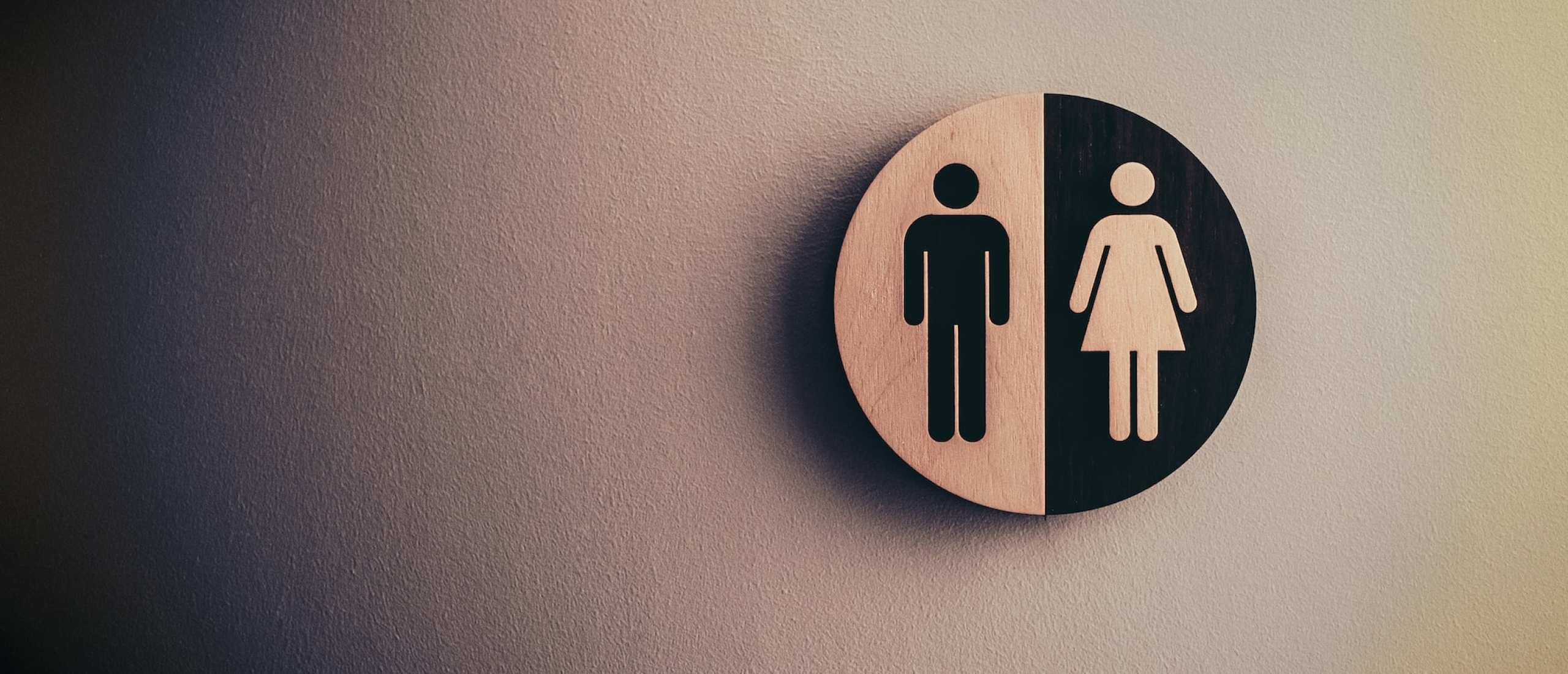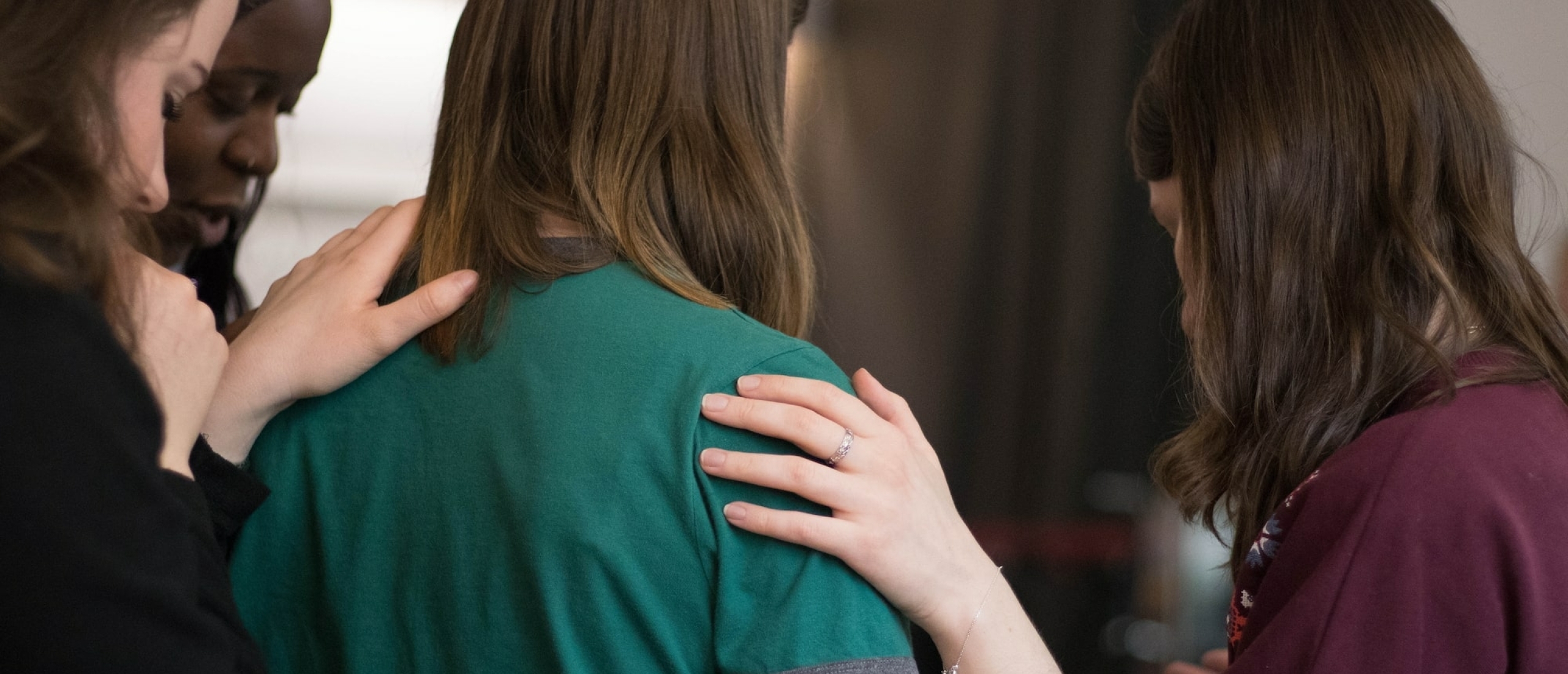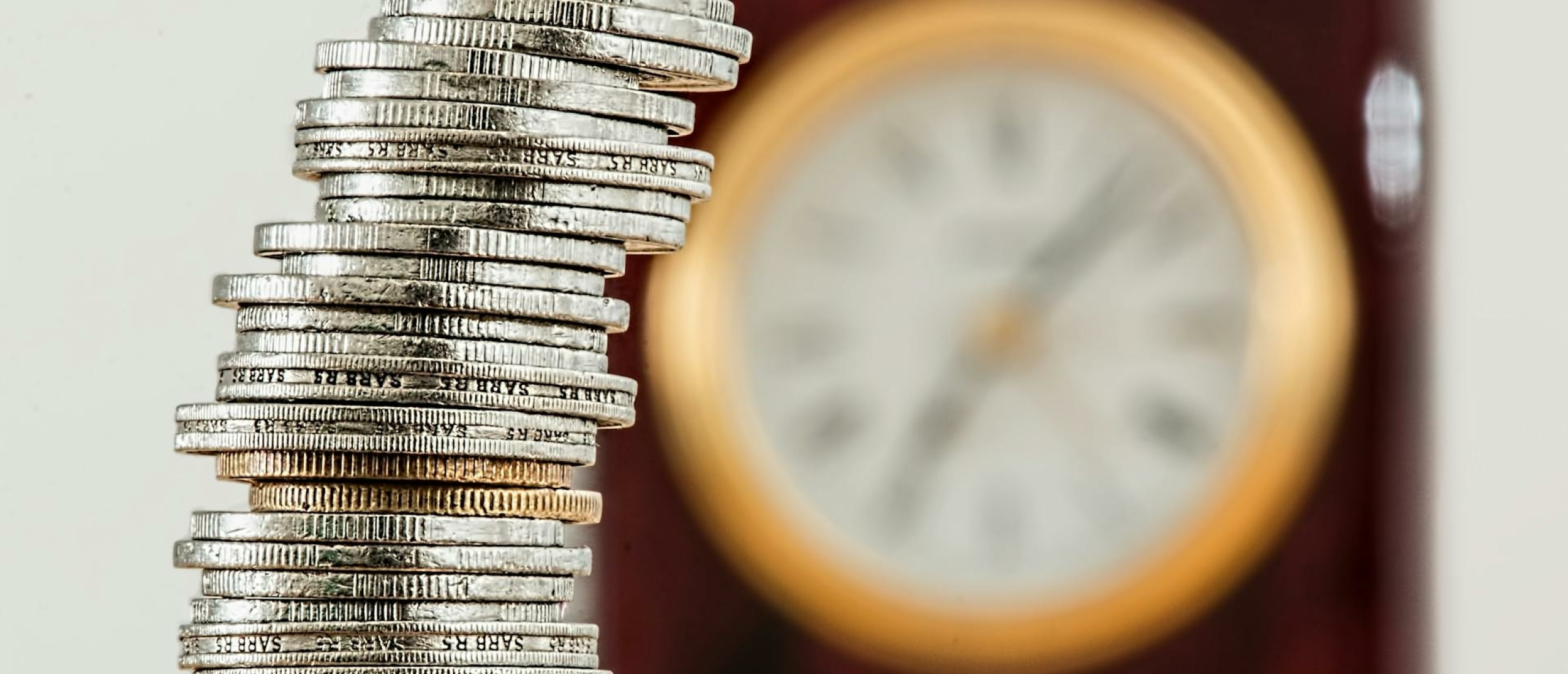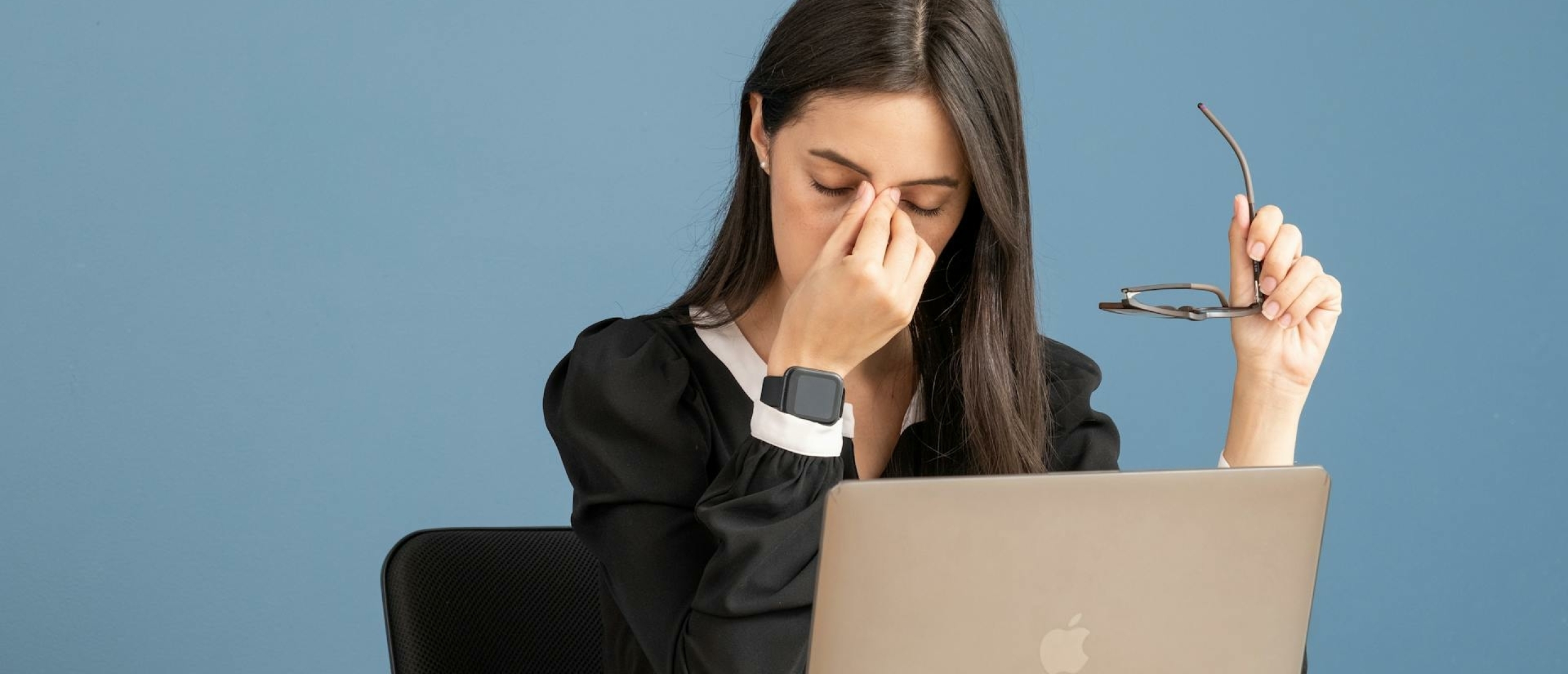
What the numbers reveal about gender and stress
Men and women experience similar levels of stress, but how they perceive, respond to, and manage stress can differ significantly. Surveys and psychological research reveal striking gender patterns — from physical symptoms to emotional coping strategies and lifestyle changes.
In this post, we explore the latest stress statistics by gender and what they tell us about how men and women deal with pressure in daily life.
Men and Women Report Similar Stress — But Perceive It Differently
Several large-scale surveys have found that average stress levels in men and women are comparable. However, the perception of stress, and what causes it, diverges:
- 49% of women feel their stress has increased over the past 5 years, compared to 39% of men.
- 28% of women report high stress levels, versus 20% of men.
- Women report more emotional and physical symptoms, such as:
- Feeling like crying: 44% (women) vs 15% (men)
- Headaches: 41% vs 30%
- Stomach and digestive issues: 32% vs 21%
Women are also more likely to cite financial concerns as stressors, while men list work pressure more frequently.
Marriage Is a Hidden Stressor for Women
One surprising set of data highlights the increased stress experienced by married women:
- 33% of married women report high stress vs 22% of single women.
- Stress increases over time for 56% of married women, compared to 41% of singles.
- Only 51% of married women feel they do enough to manage their stress, versus 63% of single women.
At Stressinsight, we believe these differences may reflect additional family responsibilities, household duties, and less personal time — common stressors that affect married women more than their single counterparts.
Social Support: Women Value Connection, Men Prefer Distraction
The way men and women value stress-relief strategies also varies:
- 84% of women vs 74% of men rate family relationships as important for managing stress.
- 69% of women value friendships, compared to 62% of men.
- Women are more likely to seek support by talking to others, while men often cope by doing sports or listening to music.
Women also report:
- Placing more value on sleep and healthy eating
- Lower engagement in sports, often citing fatigue as a barrier (35% of women vs 24% of men)
These gender differences in stress relief strategies align with psychological research showing that women tend to “tend and befriend”, while men lean toward “fight or flight” responses.
Passive vs Active Coping Strategies
Despite the differences, both genders tend to default to passive forms of coping, including:
- Watching TV
- Listening to music
- Reading
Healthier, more active strategies — like regular exercise, professional support, or structured recovery routines — are unfortunately underused by both men and women.
This gap in effective stress relief may explain why chronic stress remains a growing problem, especially when paired with lack of time, energy, or motivation.
Willpower: The Biggest Barrier to Change
One of the most consistent findings in stress statistics by gender is the shared obstacle of willpower:
- 34% of women vs 24% of men cite lack of willpower as a key barrier to making lifestyle changes.
- Women more often report fatigue and lack of energy as limiting factors.
- Men are slightly more likely to say they need more money (43% vs 39% of women), while women point to lack of time (37% vs 29%).
Women also express a greater need for:
- Social encouragement (42% vs 28% of men)
- Help at home, particularly to free up time for self-care
These patterns reflect broader social dynamics — with women more likely to carry the mental load of household and caregiving responsibilities, which directly impacts their ability to focus on stress relief.
The Missing Piece: Understanding Stress Itself
Beyond lack of willpower, both men and women often struggle to change their behavior due to a deeper issue: not fully understanding what stress is or how it works.
At Stressinsight, we believe that awareness is the first step. By understanding:
- What stress does to your body and brain
- How gender and hormones influence your experience
- Which strategies truly help (and which don’t)
…you can build a more effective, personalized approach to stress management.
Conclusion: Gender Matters, but It’s Not the Whole Story
Gender shapes how people report, experience, and respond to stress — but it’s only one part of the equation. Personality traits, life stage, personal history, and social context all influence your stress reactions.
Still, as these statistics show, recognizing gender-specific patterns in stress perception and coping can help us design better interventions, both at the personal and workplace level.
By learning how you respond to stress — whether you’re a man, woman, or anywhere on the gender spectrum — you’re already one step closer to building resilience that lasts.











